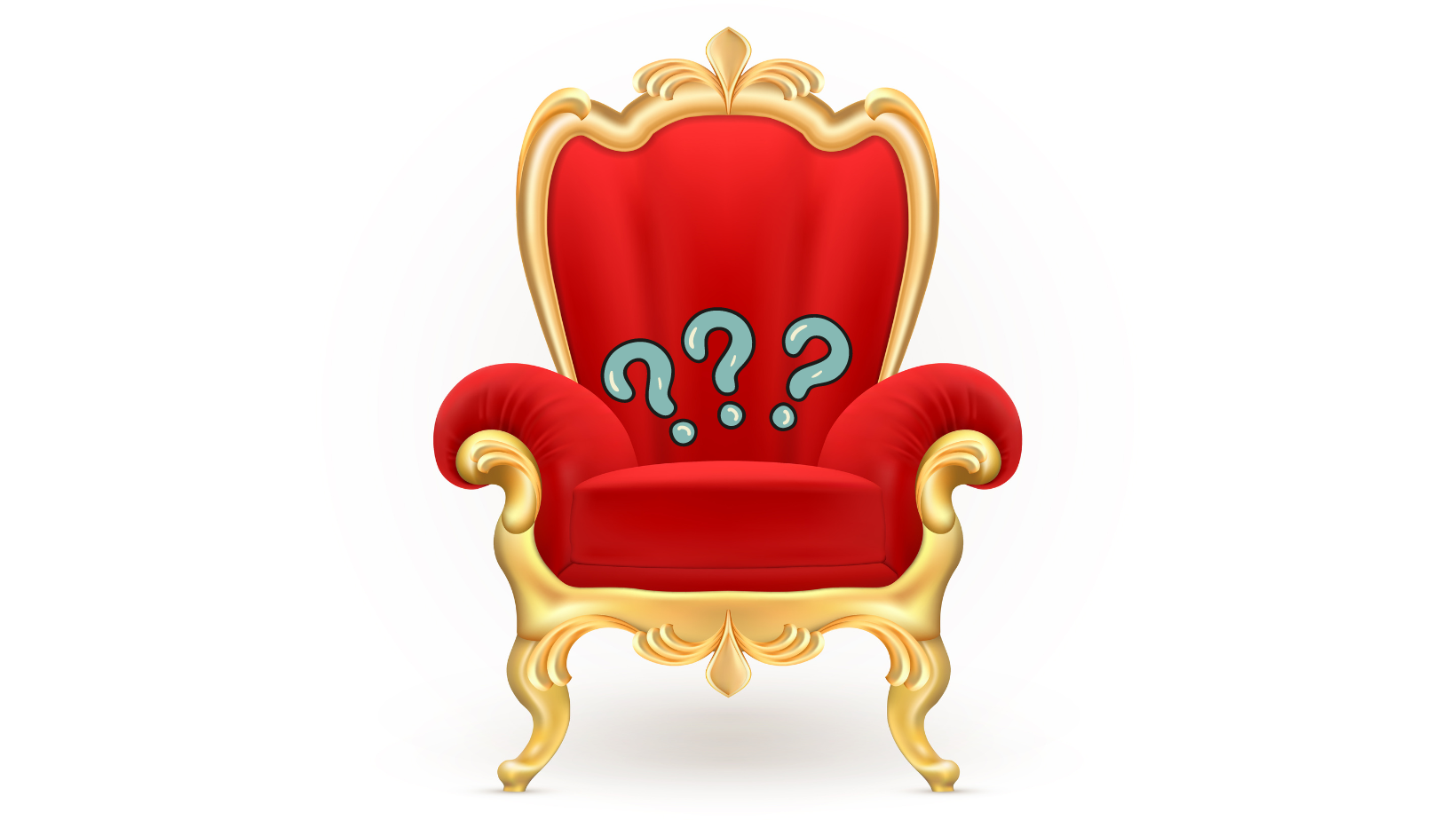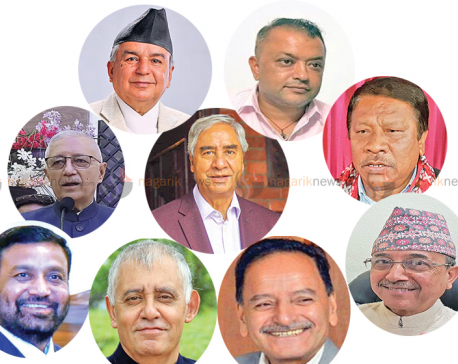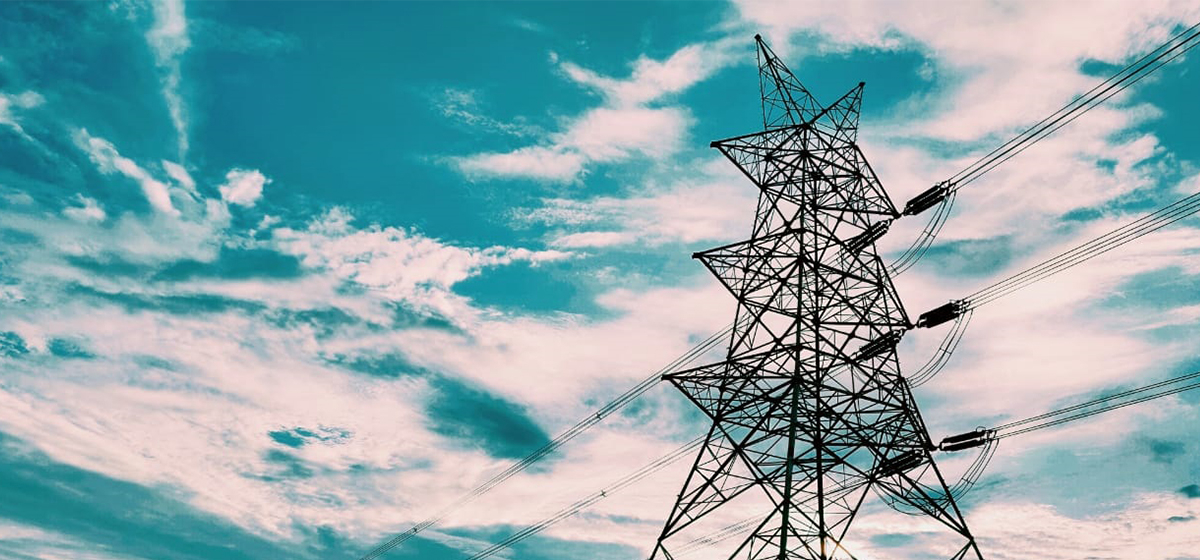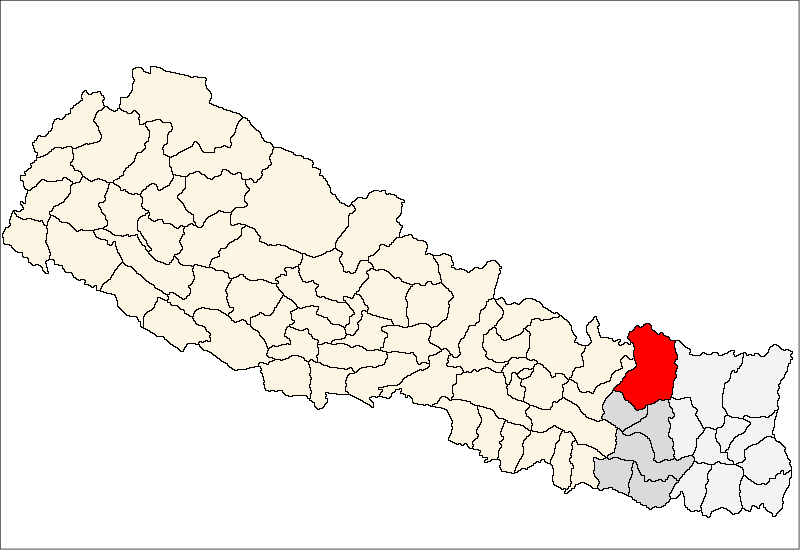
OR
#News Analysis

The final results of the November 20 elections are out and the parties, especially the major ones in the current ruling coalition, have started negotiations and discussions cum bargaining over the formation of the next government. Most likely the current ruling coalition which has 136 seats and is short of only two seats to achieve the magic number of 138 to prove its majority in the 275-member House of Representatives will form the next government as well. The five-party alliance comprising the Nepali Congress (89 seats), CPN-Maoist Center (32 seats), CPN-Unified Socialist (10 seats), Loktantrik Samajbadi Party (4 seats) and Rastriya Janmorcha (1 seat) - will likely form the next government, with the help of the CK Raut-led Janamat Party, and a few independent MPs.
But the crucial question is: Who will be the new Prime Minister?
Honestly speaking, in any democracy, the major parties are expected to name the leader of their election campaign and the future prime minister from their party well before the elections. Going by this logic, it is a bit unusual and unexpected to talk about the next PM after the elections. However, the bitter reality is no one knows for sure - even almost a week after the final election results became apparent – as to who will be the next PM. There are many candidates, though – over half a dozen of them. Some will hold the position for the first time. Others for yet another time!!
Before the elections, only the UML had projected KP Oli as the next Prime Minister on behalf of the party. However, the results of the elections did not endorse that projection. From the ruling alliance, CPN (Maoist Center) Chairman Pushpa Kamal Dahal had said, “I wish to serve the country by becoming the prime minister once again.” PM Sher Bahadur Deuba did not say he wanted to become the prime minister once again, nor did he confront Dahal. But his close aides kept saying that Deuba would be the next PM as well. They are still saying the same thing. Similarly, NC’s Prakash Man Singh and Gagan Thapa too had staked their claims to the post of PM. Such claims made by anyone during election campaigns should be taken as being par for the course. That is also a publicity strategy.
Deuba Vs Dahal
Believe it or not, five-time Prime Minister Deuba wants to become the country’s executive head for a sixth time. Sources said he has already expressed his willingness to become the PM “for the final time” in the recent meetings of the ruling alliance. But sources also said Deuba’s bid is going to be challenged by some senior leaders of his own party such as Ram Chandra Paudel, Prakash Man Singh, Dr Shekhar Koirala and Gagan Thapa “who have made up their minds to challenge Deuba in the election to the NC parliamentary party (PP) leader after the MPs are sworn in.”
“Deuba will easily overcome that challenge as he commands the majority. He will be elected the PP leader. There is not even a shred of doubt,” said a senior NC leader close to Deuba.
The major challenge to Deuba’s bid to be the country’s chief executive comes from Maoist Center Chairman Dahal who is the undisputed candidate for the post of PM from his party. Dahal has already made it clear to Deuba that he should be allowed to lead the government to be formed for the first two and a half years if the two parties decide to take turns to lead the government. But Deuba has apparently not accepted Dahal’s demand. Instead, after the Maoist Center mounted pressure on Deuba for the same, the NC started the process of forming a government under its leadership without the Maoists.
This bid would be possible if Deuba can rope in the Rastriya Swatantra Party (RSP - 20 seats), Rastriya Prajatantra Party (RPP -14 seats), Janamat Party (6 seats) and Nagarik Unmukti Party (NUP -3 seats). While the NC is yet to start negotiations with the RSP and RPP, Janamat Party has already said that it will support the ruling alliance to form the government, while the Cabinet has already sent an ordinance to President Bidya Devi Bhandari with the aim of freeing NUP’s Resham Lal Chaudhary who is serving a life term in jail for masterminding the Tikapur massacre in 2015. Despite widespread criticism, the Deuba-led caretaker government has not backtracked on its decision to free Chaudhary from jail through the ordinance.
So, Deuba stands a better chance than Dahal to be the next PM. But the bargaining is not only for the post of Prime Minister; the negotiations are also about key state positions like President, Vice-President, Speaker and Deputy Speaker of the HoR, chief ministers of the seven provinces, speakers and deputy speakers of the provincial assemblies.
However, if one is to go by the message of the November 20 elections, then instead of trying to become the country’s prime minister once again, Deuba, Oli and Dahal – all three – should now step back from active politics and pave the way for a new leadership. The election results have increased the political height of neither Deuba, nor Oli nor Dahal; the results have rather decreased their political height. Dahal has been at the helm of the CPN (Maoist Center) while the party’s performance in elections has gone from bad to worse. Under Dahal’s leadership, with just 32 seats in the 275-member House of Representatives, his party has shrunk to a distant third in parliament now.
Oli has fared no better. Under his leadership, his party (NCP) failed to keep a majority safe in the erstwhile parliament. Similarly, the UML also failed to retain its position as the single largest party in parliament. There is no point in swelling up with pride saying “we have secured the highest number of votes under the proportional representation.” The truth is the UML has lost seven percent of the popular vote in these elections compared to the previous elections. This is anything but normal. Similarly, though the NC has won the highest number of seats -57 - in the HoR under the first-past-the-post system, the party has lost almost as many popular votes as the UML in the proportional elections.
“Those in the leadership of these major parties must take the responsibility for this dismal performance by their parties. Therefore, none of the three leaders – Deuba, Oli and Dahal – will get a better chance than now to announce their retirement from active politics,” said a political analyst.
You May Like This

There is a long list of ‘wannabe Prime Ministers’ in NC
KATHMANDU, August 7: “I’ve worked as the Number 2 from the grassroots. I’ve not been able to work as the... Read More...

Election Commission monitors election campaign in Bhaktapur
KATHMANDU, Nov 28: Election Commissioner Sudhir Kumar Shah has carried out on-site monitoring of the ongoing election campaign in Bhaktapur... Read More...

Election Commission presses for election laws
KATHMANDU, Jan 18 : Chief Election Commissioner Dr Ayodhi Prasad Yadav has said that there was no possibility of holding elections... Read More...




Just In
- NEA Provincial Office initiates contract termination process with six companies
- Nepal's ready-made garment exports soar to over 9 billion rupees
- Vote count update: UML candidate continues to maintain lead in Bajhang
- Govt to provide up to Rs 500,000 for building houses affected by natural calamities
- China announces implementation of free visa for Nepali citizens
- NEPSE gains 14.33 points, while daily turnover inclines to Rs 2.68 billion
- Tourists suffer after flight disruption due to adverse weather in Solukhumbu district
- Vote count update: NC maintains lead in Ilam-2













Leave A Comment